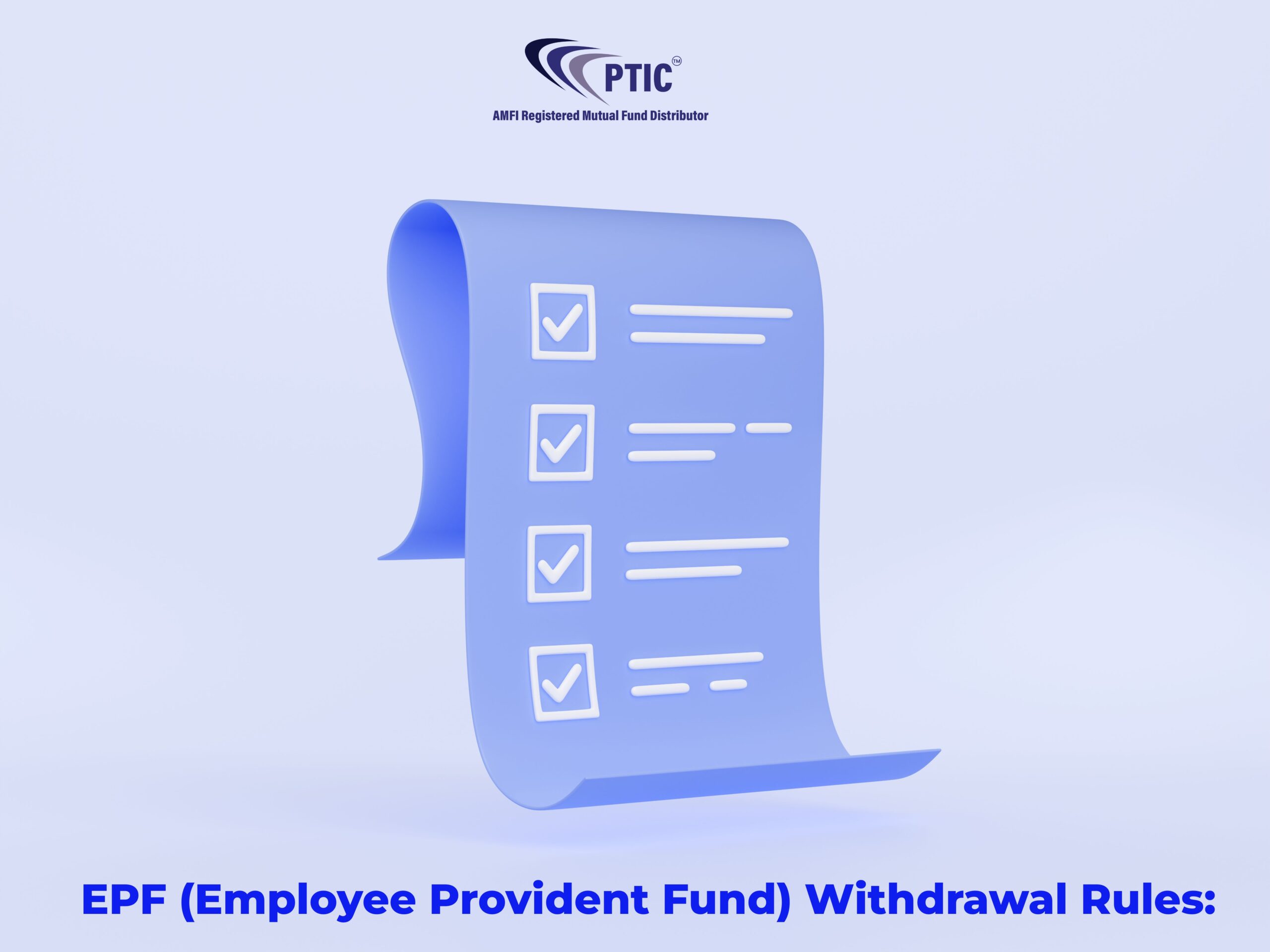Life insurance is not just a tool for financial protection; it also offers significant tax benefits. For individuals seeking to secure their financial future while maximizing tax savings, understanding the tax advantages associated with life insurance is essential. PTIC India aims to provide you with a comprehensive guide on how life insurance can be an effective tax-saving instrument.
Tax Benefits Under Section 80C
One of the most well-known tax benefits of life insurance policies in India falls under Section 80C of the Income Tax Act. Premiums paid for life insurance policies qualify for a tax deduction of up to INR 1.5 lakh per financial year. This deduction is available for both individual policyholders and Hindu Undivided Families (HUFs). The benefits are applicable to policies purchased for self, spouse, children, or any member of the HUF.
To qualify for the deduction under Section 80C, it is important that the premium paid does not exceed 10% of the sum assured if the policy was issued after April 1, 2012. For policies issued before this date, the premium should not exceed 20% of the sum assured. Additionally, if the policyholder surrenders the policy within five years of purchase, the tax benefits claimed earlier are reversed.
Tax-Free Maturity Benefits Under Section 10(10D)
The maturity proceeds and death benefits received under a life insurance policy are generally tax-free under Section 10(10D) of the Income Tax Act. This includes any bonuses or accrued interest on the policy. However, to qualify for this exemption, the policy must meet certain criteria:
– If the policy is issued after April 1, 2012, the annual premium should not exceed 10% of the sum assured.
– For policies issued before this date, the premium should not exceed 20% of the sum assured.
If these conditions are not met, the maturity amount becomes taxable. It is important to carefully review your policy details and ensure compliance with these limits to fully benefit from the tax exemptions.
Tax Benefits on Rider Premiums
Life insurance policies often come with additional riders, such as critical illness riders, accidental death benefits, or waiver of premium riders. The premiums paid towards these riders may also qualify for tax benefits under Section 80C. However, in some cases, they may also be eligible for deductions under Section 80D if they are health-related riders. It’s essential to confirm which section applies to maximize your tax benefits.
Deductions on Premiums Paid for Pension Plans
Life insurance policies that offer pension plans or annuity benefits also provide tax deductions. Premiums paid for these pension plans qualify for a deduction under Section 80CCC of the Income Tax Act, up to INR 1.5 lakh per financial year. These plans can be a valuable addition to your retirement planning, offering both financial security and tax savings.
Tax Implications on Surrender Value
If you decide to surrender your life insurance policy before its maturity, the tax benefits claimed earlier may be reversed. The surrender value, in this case, may become taxable if the policyholder surrenders within the first five years. Hence, it is advisable to stay invested for the policy term to enjoy maximum benefits without facing any tax liabilities.
Conclusion
Life insurance not only provides financial security for your loved ones but also serves as an efficient tax-saving tool. By understanding the various tax benefits associated with life insurance policies, you can make informed decisions that align with your financial goals. At PTIC India, we are committed to helping you choose the right life insurance policy that offers both protection and tax advantages.
For expert advice and to explore our range of life insurance plans, visit www.pticindia.com or contact us at +91 9709107555. Safeguard your financial future while maximizing your tax savings with PTIC India.










